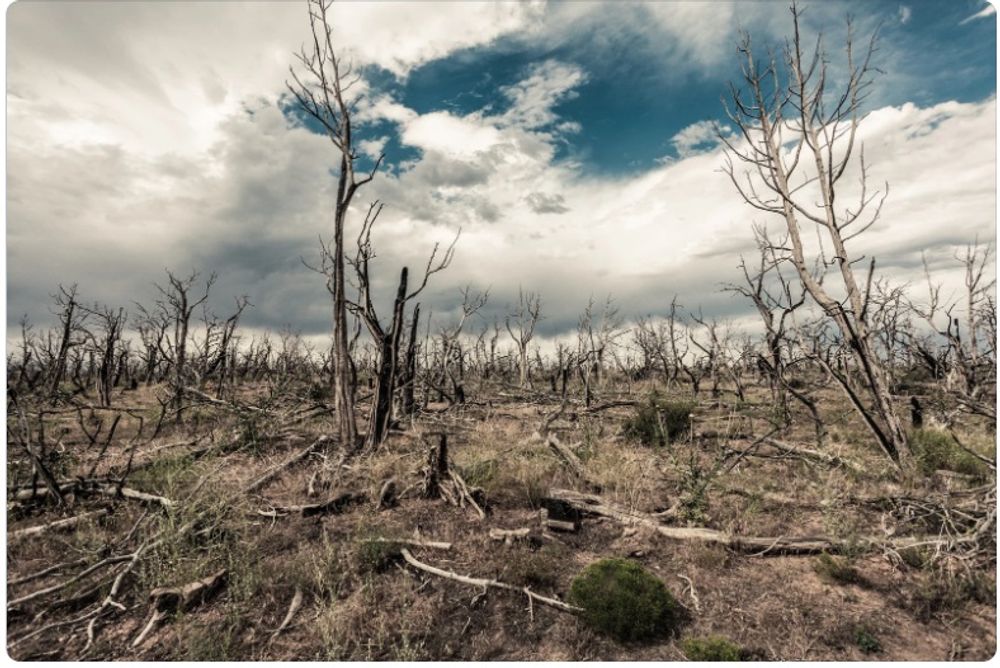IRS Tax Extensions 2025: Disaster Relief Deadlines Updated

IRS Gives Extra Time to File Taxes for People in Disaster Areas
When big storms, fires, or other disasters hit, life can get really hard. That’s why the IRS (Internal Revenue Service) is giving people in certain areas more time to do their taxes. If you live in a place that was hurt by a natural disaster, you may not have to file your taxes until later this year.
This blog will help you understand what this means, who gets extra time, and what you should do next.
What Is a Tax Extension?
Usually, people have to file their taxes by April 15. But when something big and bad happens—like wildfires or hurricanes—the IRS gives people more time. This is called a tax extension.
A tax extension means you can file your forms and pay your taxes later than usual, without getting in trouble or paying extra fees.
Who Gets More Time in 2025?
In 2025, people and businesses in several areas hit by disasters are getting more time to file their taxes. Some of the places include:
- Los Angeles County, California – Wildfires have caused damage here. People now have until October 15, 2025 to file their taxes.
- Parts of Alabama, Florida, Georgia, North Carolina, and South Carolina – These places were also affected by natural disasters. People here have until May 1, 2025.
These are just examples. If you’re not sure if your area qualifies, you can check the IRS Disaster Relief Page.
What Taxes Are Covered?
The IRS extensions cover many types of taxes. If you live or own a business in one of the disaster areas, here’s what the extension usually covers:
- Individual tax returns (Form 1040)
- Business tax returns
- Quarterly estimated tax payments
- Payroll and excise tax returns
This means you don’t have to worry about rushing to meet a deadline while you’re dealing with the disaster recovery.
Do You Need to Do Anything?
Good news: You don’t have to apply for this extra time. If your address is in the disaster zone, the IRS gives the extension to you automatically.
Here’s what you should do:
- Check your address – Make sure your home or business is listed in the official disaster area.
- Save your records – Keep papers that show how the disaster affected you. This includes insurance claims, photos, or any letters from FEMA.
- Stay updated – The IRS may add more places to the disaster list. Keep checking their website or talk to a tax pro.
What If You Already Filed?
If you already filed your taxes and are due a refund, don’t worry. The IRS will still send your money. In fact, it’s a good idea to file if you’re expecting a refund—you don’t have to wait for the deadline to get your money back.
Can You Still File Now?
Yes, you can still file now if you're ready. The IRS is simply giving you more time, but you don’t have to wait. If you’re due a refund or want to get your taxes out of the way, go ahead and file early.
Why Is This Important?
After a disaster, people have a lot to deal with—like fixing their homes or finding a safe place to stay. The IRS knows it’s hard to focus on taxes during a crisis. That’s why they offer help during these tough times.
These tax extensions are a way to give people space to recover without worrying about missing a tax deadline.
What Should Business Owners Know?
If you own a small business in a disaster area, these rules also help you. You may have more time to:
- File your business tax returns
- Make payroll deposits
- Submit quarterly tax payments
This can help you focus on getting your business back on track without the stress of IRS deadlines.
What If You Moved?
If you moved out of the disaster area before the event happened, you might not qualify for the extension. But if your main home or business was in the disaster zone when it happened, you should be covered.
If you're not sure, it’s a good idea to talk to a tax expert who can check for you.
Where Can You Get Help?
If you have questions, don’t panic. Here are some ways to get help:
- Visit the IRS Website – Go to IRS.gov and look for the Disaster Relief section.
- Call the IRS – You can reach them at 1-800-829-1040.
- Talk to a Tax Pro – A CPA or tax advisor can help you figure out if you qualify and what steps to take.
Final Thoughts
Disasters can turn your life upside down. But the IRS is offering support in the form of more time to file and pay taxes. This gives you one less thing to worry about while you focus on keeping yourself and your family safe.
Remember:
✅ No need to apply for the extension
✅ Check if your area is on the IRS disaster list
✅ Keep your records and documents
✅ File when you’re ready (but before your new deadline)
If you’re not sure what to do next, getting professional advice can make things much easier.